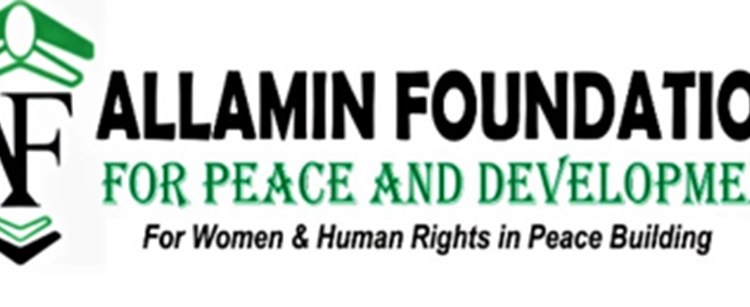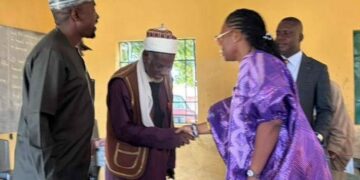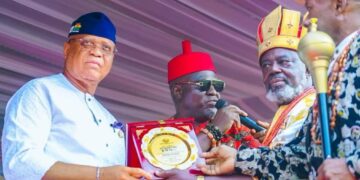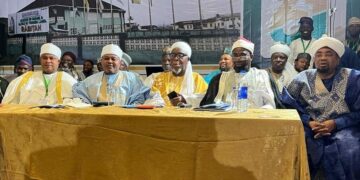Deradicalised women and girls and Boko Haram survivors have called on the government, intervention agencies, security agencies and non-governmental organisations to offer them empowerment, protection, healthcare, livelihood sustenance and integration into their communities.
The survivors comprised those who were sexually abused in the Boko Haram enclaves and other areas of Borno State in the heat of the insurgency.
The demands were presented at a 2-day workshop for state actors and non-state actors organised by the Allamin Foundation for Peace and Development on the implementation of the charters of demands from the victims, survivors and deradicalised women and girls in Maiduguri.
The Executive Director of the Foundation, Hajiya Hamsatu Allamin, said these categories of women and girls, most of whom were forcefully conscripted into the Boko Haram insurgency, or were abducted at various locations by the terrorists but have regained freedom, have made some of the demands.
She noted that some of the women who registered under the foundation have reached out to some of their husbands still in the bushes and convinced them to surrender to the authority to live a dignified life.
“So Allamin Foundation decided that stakeholders should brainstorm on how to meet the demands of these women and girls. How do we make policies for them? They want protection. How can the security agencies make policies for the survivors so that effectively, we can meet their aspirations?” Allamin said.
She added that the workshop was also aimed at getting feedback from the actors on the policy formulation and implementation of the requests made by the three groups which have been presented to the state government through the Ministry of Women Affairs and Social Development.
The facilitator, monitoring and evaluation who is a consultant to the project, Dr. Lawan Balami explained that the policy document requires functional collaboration and synergy with security and state actors as well as non-state actors like NGOs, CSOs, extremist groups, multinationals, labour unions, media, religious groups, among others.
The Deputy Vice-Chancellor, Administration, University of Maiduguri, Professor Haruna Dlakwa, in his paper titled, “Policy gaps in Borno State Towards Addressing Present Demands”, identified some policy gaps despite the initiatives of the state government in the implementation of the charter of demands from survivors, victims of Boko Haram insurgency and deradicalized women and children.
Professor Diakwa however hailed the Borno Model, a policy of the Borno State Government which details Governor Babagana Zulum’s passion for reconstruction, rehabilitation and resettlement of Internally Displaced Persons (IDPs), as well as the repatriation of Borno Indigenes from Niger Republic, Chad and Cameroon Republic.





